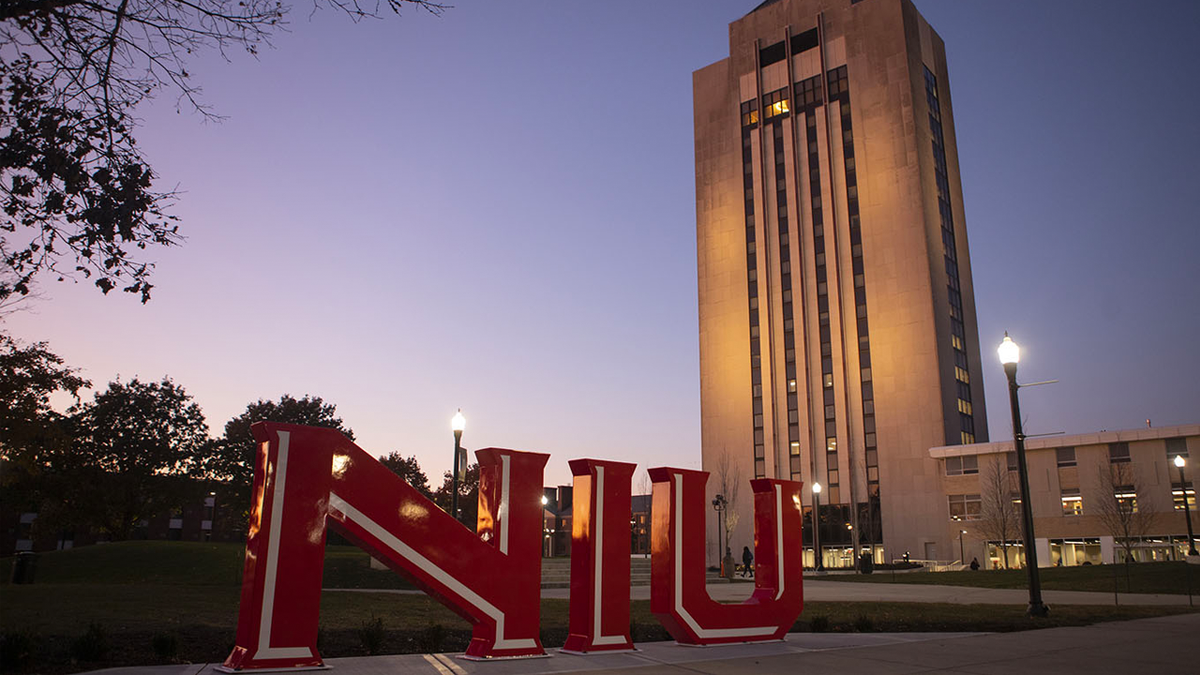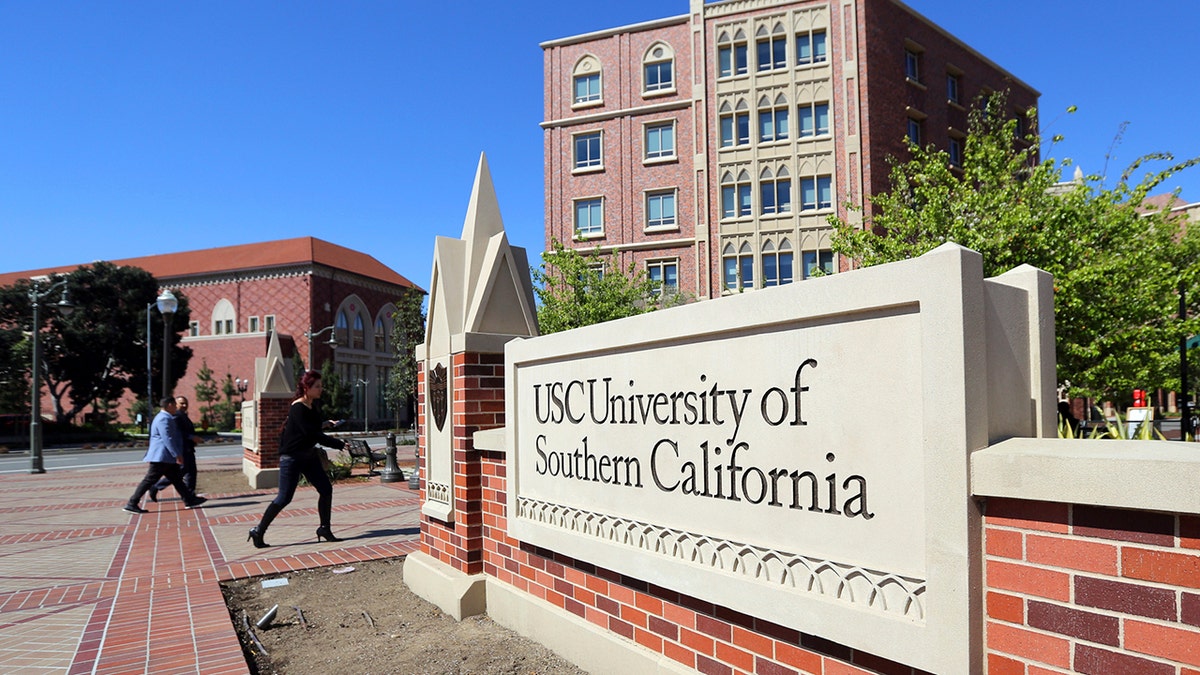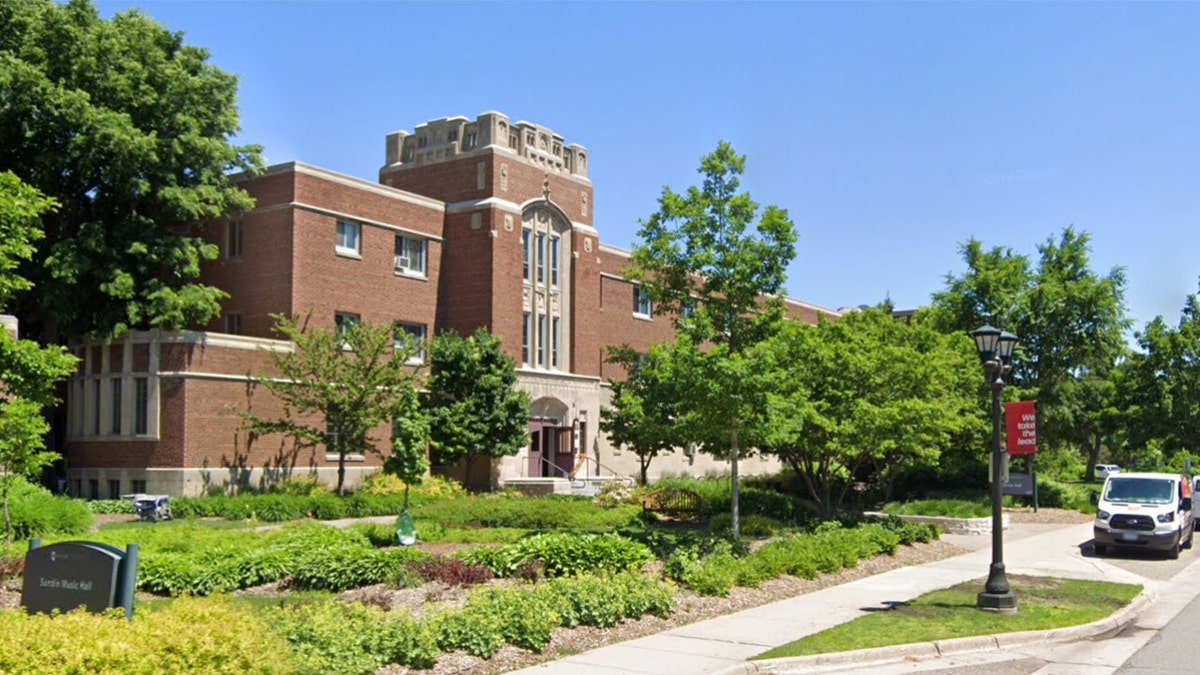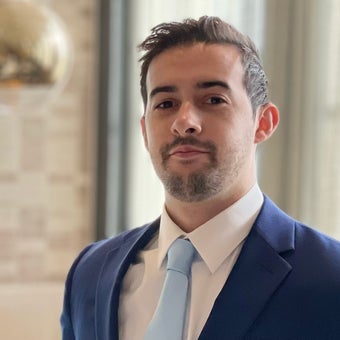Cornell law professor warns banned words on college campus’ is ‘repressive tolerance’
William A. Jacobson said that colleges in America for the most part only tolerate left-wing political viewpoints.
Cornell Law Professor William A. Jacobson warned that colleges and universities are "manifesting authoritarianism" by removing "problematic" words and firing staff that don't abide by left-wing ideologies.
Jacobson said he believes the increase in stories about word-banning on college campuses is a manifestation of what is referred to as "repressive tolerance," wherein tolerance serves to preserve a repressive society by neutralizing opposition to impose forms of authoritarianism.
"They monitor your language, they get you to use language that only they approve, and once you've done that with somebody, once you've done that with a campus, that's enormous control," he told Fox News Digital.
There are numerous examples of colleges attempting to change the language of faculty and students, according to Jacobson. He pointed to the implementation of author Ibram Kendi's antiracism agenda in staff training sessions as one of the more recent examples.
CAMPUS CRAZINESS: TOP 5 COLLEGE STORIES OF 2022

The Northern Illinois University campus at sunset. (Credit: Wade Duerkes - Northern Illinois/Board of Trustees)
The concept of "antiracism" has embedded itself in the diversity, equity, and inclusion departments and programs now widely implemented in colleges across the country.
One of the more recent instances comes from Northern Illinois University (NIU), which is planning on hosting several sessions for faculty and instructors that tackle topics like "White fatigue" and "antiracism" at the end of January.
Several other workshops from the university include "The Act of Decolonizing: Examining Classroom Spaces and Curricula Through a Lens of Justice" and "When Did Immigrants Become Illegal."
Jacobson said the removal of the words "illegal alien" or "illegal immigrant" from the college curriculum and its perceived negative connotations among faculty and students is a perfect example of how university debates have been skewed and truncated.
He said that administrators and faculty who advocate for open borders do not want the words "illegal" or "illegality" applied to people who illegally cross the border.
Jacobson also claimed that the people engaged in word banning on campuses come almost entirely from the left, utilizing speech control as a "power play."
"They don't really care about the origins of these words. They don't really care about the history. It's just a way of imposing their political viewpoint on everybody," he said.

In this March 12, 2019 file photo people walk at the University Village area of the University of Southern California in Los Angeles. (AP Photo/Reed Saxon, File)
Numerous other stories of word-banning at colleges have cropped up over the last several months, which Jacobson predicted was a sign that things on college campuses are "only going to get worse."
The University of Southern California's School of Social Work announced last week that the word "field" would no longer be used because it may "may have connotations for descendants of slavery and immigrant workers that are not benign."
Jacobson called the decision "absurd" and said the trend was "extremely dangerous" to free expression on campuses because one can never be sure what commonly used words could lead someone to be deemed a racist.
He added that the banning of the word was part of a "vicious circle" between faculty and students trying to "outcompete" each other on who can declare more words improper. Jacobson also expressed disappointment in the plethora of college administrators rewarding students for stifling discourse.
"This is not the Soviet Union where you rat out your neighbor because they committed some offense," he said. "If administrators were to send that message, I think a lot of that would stop. Unfortunately, administrators tend to send the opposite message."
GOV. SARAH HUCKABEE SANDERS BANS 'LATINX' FROM ARKANSAS GOVERNMENT DOCUMENTS
While he noted that a confluence of factors has impeded the free flow of ideas at colleges, Jacobson pointed to the introduction of "microaggressions" as the most negative concept in the last decade.
A microaggression is a term for when verbal, behavioral or environmental "slights," whether intentional or not, communicate hostile or negative attitudes towards "stigmatized" and "culturally marginalized groups."
"It turned everybody into a potential victim. Everybody's potentially offended regardless of the speaker's intention," he said.
Jacobson added that the insistence on abiding within the confines of people's feelings and making changes accordingly has impacts beyond the classroom.
He noted that Rhode Island was originally called The State of Rhode Island and Providence Plantations. Even though the name had nothing to do with plantations or the history of slavery, its "connotation" towards marginalized groups eventually led to an official name change for the state.
According to Jacobson, the public insistence on "word policing" saw a massive spike following the death of George Floyd during the onset of the COVID-19 pandemic.
"We're talking about a culture that only tolerates, for the most part left-wing political viewpoints, and the policing of words is part of that larger culture."
WASHINGTON STATE LEGISLATURE STRIKES WORD 'MARIJUANA' FROM STATE LAWS, CITING RACISM

A nonpartisan nonprofit organization is calling on Hamline University in St. Paul, Minnesota, to be stripped of its accreditation for firing a professor. (Google Earth)
Jacobson also pushed back on defenders of word-banning culture, who frequently note that removing words or phrases is not a legitimate attack on free speech because there are no legal ramifications.
He asserted that there have been numerous instances where complaints are made to bias response teams and that "othering" these words can have various severe consequences for students, as well as faculty. He cited various examples where faculty have been attacked, threatened with termination, or outright fired from their positions.
Most recently, a Minnesota liberal arts professor was reportedly fired in December after Muslim students complained that the instructor showed historical depictions of Muhammad during a class about Islamic art. That same month a North Carolina professor claimed that he was fired from a prestigious high school for criticizing critical race theory.
CLICK HERE TO GET THE FOX NEWS APP
In 2021, an accounting professor at UCLA said he filed a lawsuit against the school after it put him on leave and allegedly threatened to fire him for not grading Black students more leniently than their peers.
"There are very real-world consequences," Jacobson said. "And it only takes one professor being disciplined or fired, or one student expelled to scare thousands of students, or hundreds of faculties. It creates a very chilling effect."


